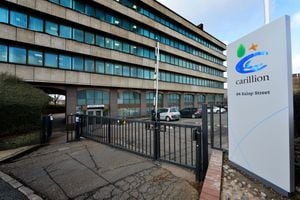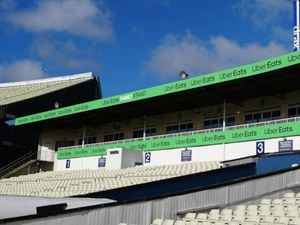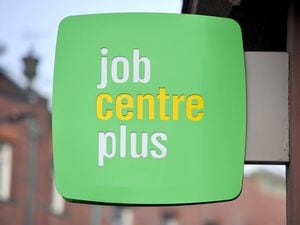Carillion bosses face fresh questioning over collapse
Former bosses of construction and services giant Carillion have faced more questioning over its collapse.

Philip Green, who chaired the Wolverhampton-based company when it went into compulsory liquidation in January last year, and Richard Howson, who stepped down as its chief executive six months earlier, have been interviewed by the Insolvency Service.
The interviews were part of what sources say has become a "wide-ranging" investigation involving hundreds of witnesses.
The Insolvency Service probe is expected to be among the most substantial it has undertaken for many years as it seeks to determine whether any of Carillion's former directors should face boardroom bans under disqualification proceedings.
Under the law, directors can be banned for periods of up to 15 years in cases of extreme wrongdoing.
Neither Mr Green or Mr Howson have taken a full-time job since Carillion's demise.
A number of inquiries have already been triggered by the collapse of Carillion, which built schools and hospitals, and was a significant provider of other services to the government and private sector clients.
Its other work included delivering school meals and maintaining prisons, activities whose wafer-thin profit margins have since raised further questions about the financial viability of large outsourcing companies.
The Financial Reporting Council, the accountancy watchdog, is probing KPMG's work on the company's accounts.
Criticism of the FRC's performance over Carillion was one of the catalysts for a deeper overhaul of audit regulation unveiled last month.
The proposed reforms will give the new regulator greater powers to sanction audit committees of listed companies.
KPMG has defended its work on Carillion, saying the audit was "conducted appropriately".
More than 2,000 people were made redundant after Carillion went bust, with close to 14,000 jobs saved through the transfer of hundreds of delivery contracts to other providers.
A joint inquiry by the Work and Pensions Committee and Business, Energy and Industrial Strategy Committee found it had liabilities of nearly £7 billion when it went under, including £2.6 billion in pensions liabilities and £2 billion owed to 30,000 suppliers, subcontractors and other short term creditors.
In a report published in May, the Commons work and pensions, and business, energy and industrial strategy select committees accused Carillion's former bosses of "recklessness, hubris and greed".
"British industry is too important to be left in the hands of the likes of the shysters at the top of Carillion," Frank Field, the Labour MP who chairs the work and pensions committee, said at the time.
"Carillion could happen again, and soon."
The company’s collapse threw a cloud over the whole sector, with rival outsourcer Interserve repeatedly facing financial difficulty last year, forcing its lenders to bail it out at the end of the year.





